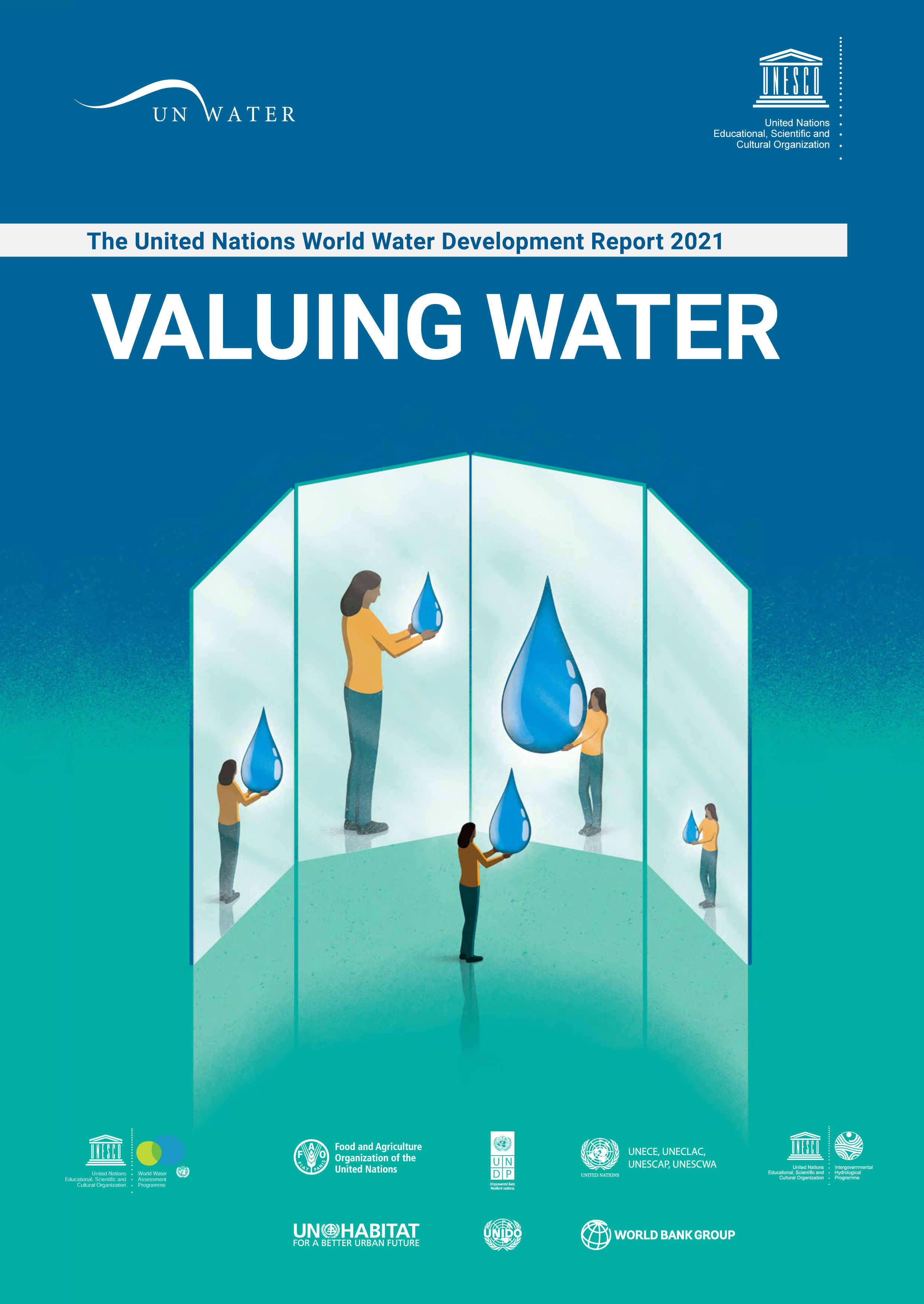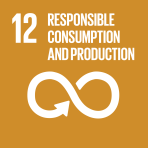Enabling multi-value approaches in water governance

- Authors: Marianne Kjellén and Ranu Sinha
- Main Title: The United Nations World Water Development Report 2021 , pp 121-132
- Publication Date: March 2021
- DOI: https://doi.org/10.18356/9789214030140c015
- Language: English
The 2030 Agenda for Sustainable Development emphasizes the integrated nature of development and the need to balance economic, social, and environmental considerations. This would require institutional reforms and innovative governance approaches that mitigate the trade-offs and maximize the synergies between the Sustainable Development Goals (SDGs) and their policy domains (Breuer et al., 2019; OECD, 2017c). There is an evolving understanding that a diverse set of values drives the economic and financial considerations in water-related decision-making (Schulz et al., 2018; Pahl-Wostl et al., 2020). Taking a much broader stance on values than what was advocated under the Dublin principles (ICWE, 1992); the High-Level Panel on Water (HLPW, 2018) encourages countries to “Recognize and Embrace Water’s Multiple Values” (the related Bellagio Principles are outlined in Box 1.6). Coupled with a recognition of water’s multiple values, there is also a call for more robust measurement and valuation methods to help resolve trade-offs (Garrick et al., 2017). This is broadly what this Chapter refers to as a transition to multi-value approaches to water governance.
-
From This Site
/content/books/9789214030140c015dcterms_title,dcterms_subject,pub_keyword-contentType:Journal -contentType:Contributor -contentType:Concept -contentType:Institution105



